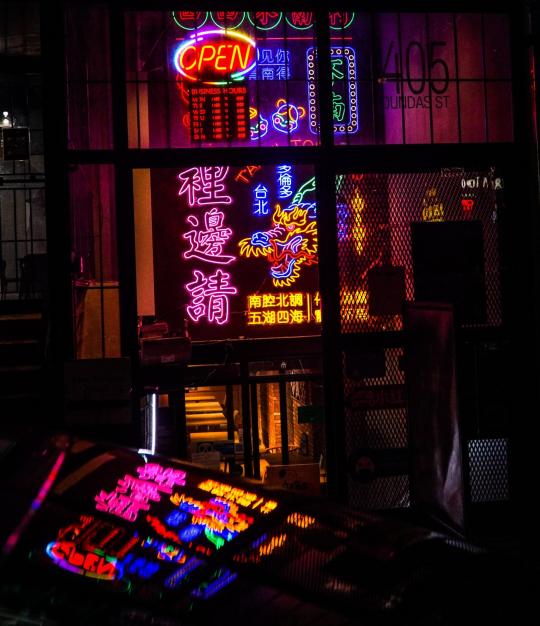#chinatown toronto
Explore tagged Tumblr posts
Text


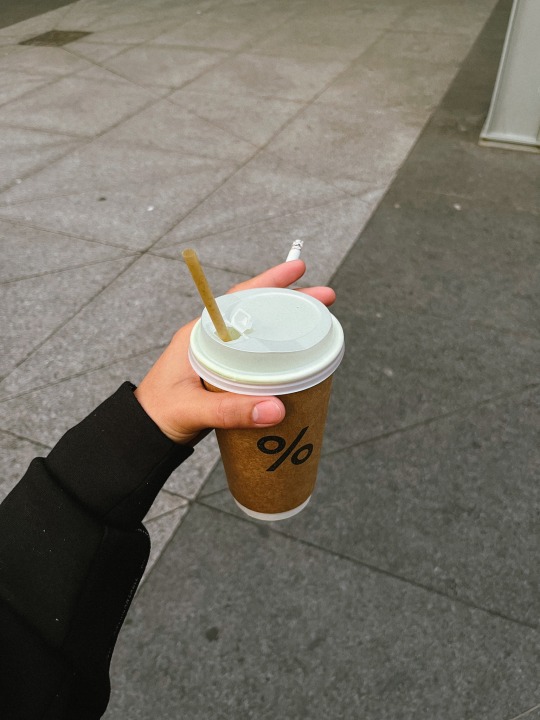


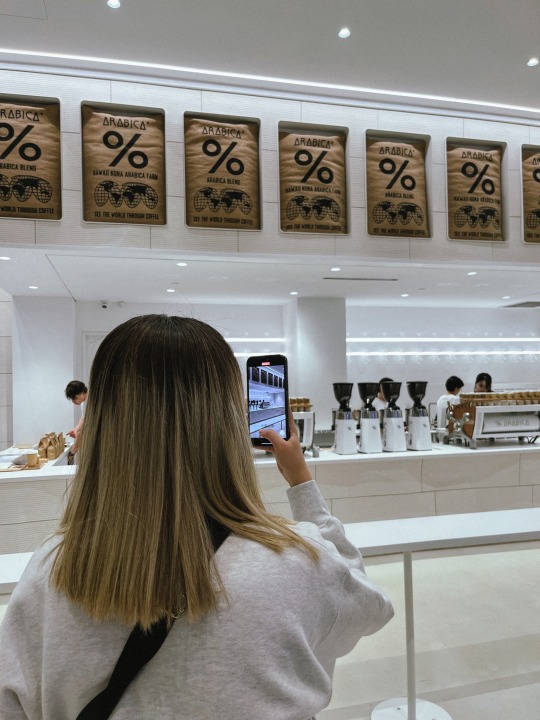




mo%od 🌆🥟🥢🧋🫶🏻✨
#visuals of jm#photography#aesthetic#photo of the day#photoset#photos#photowalk#canada#juicy dumpling#chinatown toronto#toronto#ontario#canada life#iced coffee#arabica#union station
14 notes
·
View notes
Text
youtube
Exploring Toronto’s Chinatown at -16°C | A 4K Winter Walk
Experience the vibrant spirit of Toronto’s Chinatown on a frigid winter day at -16°C! In this 4K walking tour, I brave the icy streets to showcase the neighborhood’s colorful storefronts, bustling markets, and authentic eateries.
Despite the frosty temperature, Chinatown’s lively atmosphere and cultural richness shine through. Join me for a unique perspective on one of Toronto’s most iconic districts, where tradition meets modern city life—even in the coldest weather.
If you enjoy it, don’t forget to like, comment, and subscribe for more travel and lifestyle vlogs!
Join my channel to get access to special perks: https://www.youtube.com/@UglyAndTraveling/
#uglyandtraveling#travel around the world#travel vlog#travel blogger#travel channel#travel backpack#ugly and traveling#travel#ugly & traveling#traveling vlog#Ugly And Traveling#toronto beautiful places#things to do in Toronto#moving to toronto vlog#toronto downtown tour#pakistani vlogger#pakistani youtuber#vlogger from Pakistan#travel vlogs in Urdu#hindi vlogs#indian travel vlogger#pakistan travel vlogger#desi vlogger#desi travel vlogger#urdu vlogs#toronto chinatown#chinatown toronto#toronto walk#toronto walker#pakistani in toronto
1 note
·
View note
Text





Chinatown Toronto
2022
#toronto#color#street photography#streetscape#city#chinatown#chinatowntoronto#market#street market#canada
11 notes
·
View notes
Text






























Chinese New Year
A joyous annual celebration of new beginnings, family gatherings, and traditional foods, steeped in symbolism and rich history.
Chinese New Year, also known as the Spring Festival, is a holiday that celebrates the beginning of the year on the traditional Chinese calendar. It is the most important holiday in China and is celebrated by millions of people around the world, including countries with large Chinese populations such as Singapore, Vietnam, and Indonesia.
The holiday typically falls between late January and mid-February, and is marked by a variety of cultural traditions and activities. It’s also a time for families to come together and celebrate the start of a new year.
History of Chinese New Year
The origins of Chinese New Year can be traced back to ancient China, where the holiday was originally a time to honor ancestors and celebrate the end of the winter season. The holiday was also believed to have spiritual significance, as people believed that their actions during this time could influence their luck and prosperity for the year to come.
Over time, Chinese New Year evolved into a more secular holiday, and many of the traditional religious and spiritual elements were incorporated into a various cultural practices. These traditions, which include the exchange of red envelopes containing money, the display of lanterns and other decorations, and the performance of traditional music and dance, have been passed down through the generations and continue to be an important part of the holiday today.
Chinese New Year is now celebrated worldwide by millions, and has become a symbol of cultural pride and unity for the Chinese community. Despite the many changes that have occurred over the centuries, the holiday continues to be an important and beloved tradition for people of Chinese descent.
How to Celebrate Chinese New Year
Chinese New Year is celebrated in many different ways, depending on the region and the cultural traditions of the people who are observing the holiday. Overall, it’s a time for people to come together, celebrate their culture and traditions, and look forward to the new year with hope and optimism, though some common ways that people celebrate Chinese New Year include:
Decorating Homes and Public Spaces
As red is considered a lucky color in Chinese culture, people often decorate their homes and public spaces during Chinese New Year with lots of red lanterns and other festive decorations of that color.
Exchanging red envelopes
Red envelopes, called “hongbao,” are traditionally filled with money and given to children and unmarried adults as a symbol of good fortune.
Eating traditional foods
Many people celebrate Chinese New Year by eating special foods that are believed to bring good luck, such as fish, dumplings, and fruit.
Participating in parades and other cultural events
Chinese New Year is often marked by parades and other cultural events, such as dragon and lion dances which are often performed by martial art students.
Spending time with family and friends
Chinese New Year is a time for loved ones to celebrate together, and so many often travel to be with their families during this time.
Source
#Ginger & Green Onion Beef#Honey Pepper Chicken#Guardian Lions of Calgary Chinatown#Alberta#Chinese New Year#ChineseNewYear#LunarNewYear#SpringFestival#travel#Toronto#Canada#cityscape#architecture#tourist attraction#USA#29 January 2025#Beef Black Pepper#Peking Duck#Chinese Gateway#Montréal#San Francisco#Grant Avenue#Crispy Rice Noodle Tower#Beef Sesam#restaurant#vacation#Los Angeles#original photography#New York City#Year of the Snake
6 notes
·
View notes
Text








Chinatown in Toronto
13 notes
·
View notes
Text

2 notes
·
View notes
Text
Lovely Lor x Doll Funeral Video
We are so honored that Lovely Lor came by our shop Doll Funeral and did a whole video on the space and on our brand Gloomth! 🙂 We have tons of events and things happening in the space in the near future which you can find on our site! -tae

View On WordPress
#alt fashion toronto#chinatown centre#doll funeral#goth fashion toronto#lolita fashion toronto#lovely lor#spadina shopping#youtube video
8 notes
·
View notes
Text

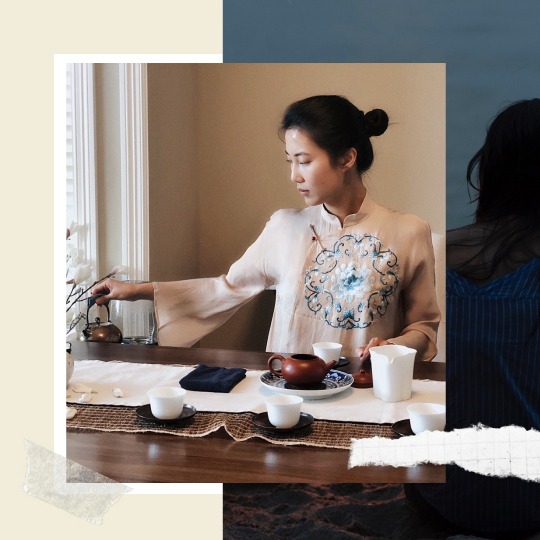
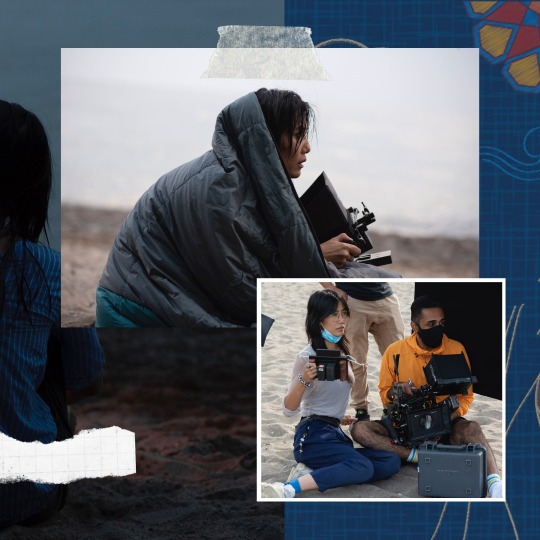
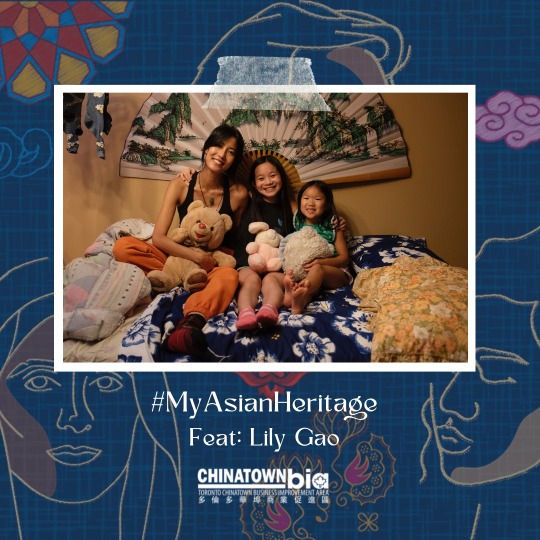
My English name is Lily Gao, and I am an actor and storyteller. I was born and raised in Harbin, China, and my Chinese name is Xue Lian (雪莲), which means ‘snow lotus’.
Toronto Chinatown is my favorite place to be. Especially throughout the pandemic, not being able to visit family in China has been incredibly difficult. So my favourite thing to do is collect groceries from Chinatown, and FaceTime my family for dinner, or afternoon tea.
Our family traveled a lot, but my parents always made sure I spoke Mandarin at home, and would always remind me the importance of keeping my culture alive. Back then, I of course didn’t understand this, as my goal was to rid of any hint that I was different. Foods and traditions I now proudly present to friends and co-workers, were secretly tucked away...
Asian Heritage Month is very important to me, because knowing our cultures are proudly being celebrated across the country shows our younger generation that who we are, and what we are made of, is something to be proud of. If I had seen Chinese food on TV screens when we first moved to Scotland, I would have never secretly thrown away the beautiful beef stew and fried rice lunch my mother used to pack. Now, I couldn’t be prouder to call myself a Chinese woman, and show off the proper pronunciation of: 雪莲.
Source: Toronto Chinatown Facebook (15 May 2022)
10 notes
·
View notes
Text

Chinatown in Toronto
3 notes
·
View notes
Text

Cold Afternoon
#chinatown#Toronto#canada#fotografiacallejera#fotografia#fotography#fotografia#streetphography#street photography#street portrait#urban#urban photography#streetphoto#city photography#leica
3 notes
·
View notes
Text
youtube
#ugly and traveling#travel#ugly & traveling#uglyandtraveling#travel channel#travel blogger#travel backpack#travel vlog#traveling vlog#travel around the world#Ugly And Traveling#toronto#toronto walk#toronto walking tour#toronto walking tour 4k#toronto vlog#pakistani in toronto#pakistani in canada#chinatown toronto#toronto chinatown#toronto city tour#toronto downtown#downtown toronto#toronto canada#toronto canada 4k#toronto chinatown food tour#toronto chinatown food#toronto chinatown 2024#toronto chinatown walk#toronto chinatown vlog
0 notes
Text
tdot forever track 14 - alasskkaa
#alasskkaa#tdot forever#toronto#producer#song i wrote#independent artist#chinatown#city night#city lights
3 notes
·
View notes
Text
TORONTO, CANADA STREET ART: MISSPELLING IS THE ROOT OF ALL SUFFERING
4aug23

View On WordPress
#art#canada#chinatown#Graffiti#nomad#Street Art#street photography#TOKIDOKI Nomad blog#TOKIDOKI Nomad travel blog#Toronto#Travel#World Travel
3 notes
·
View notes
Text
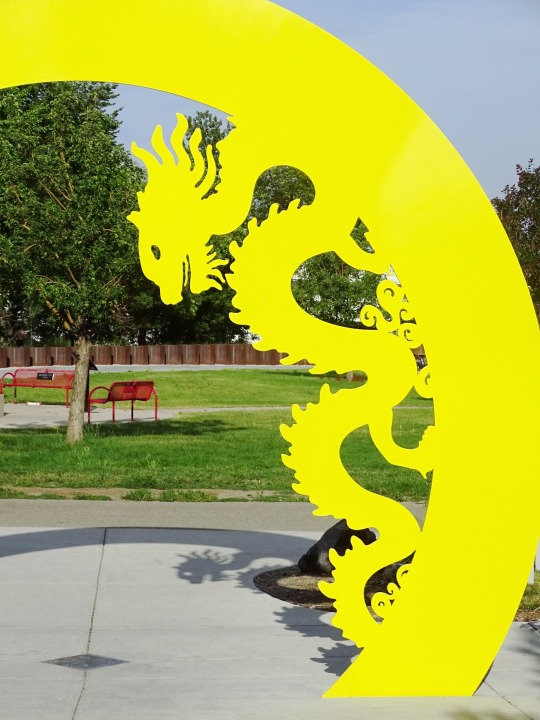
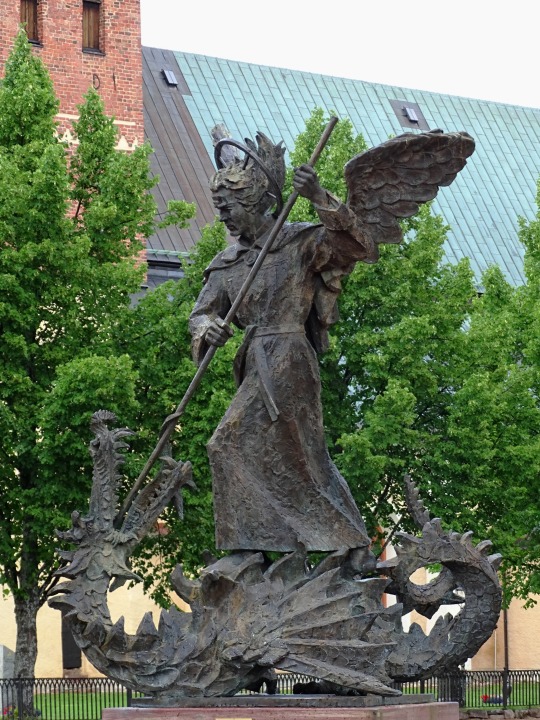
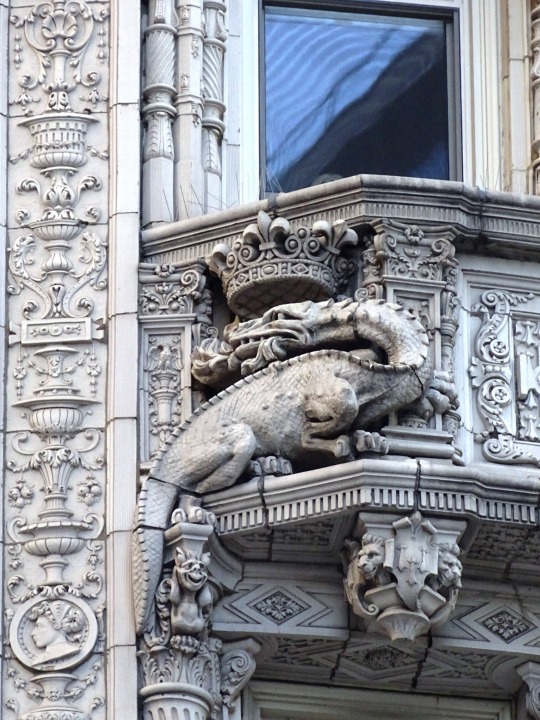
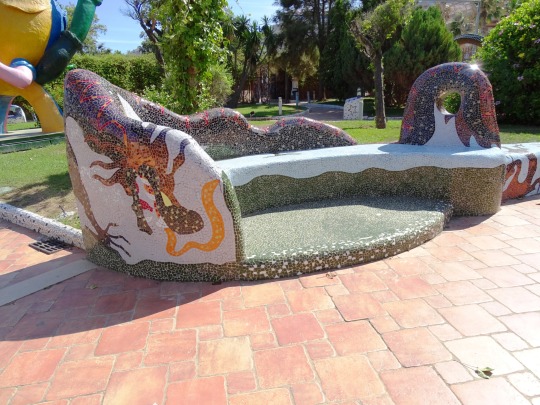
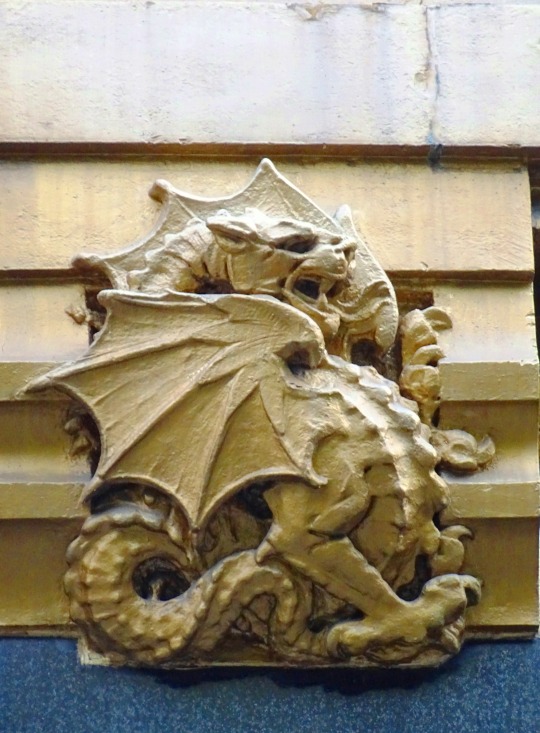
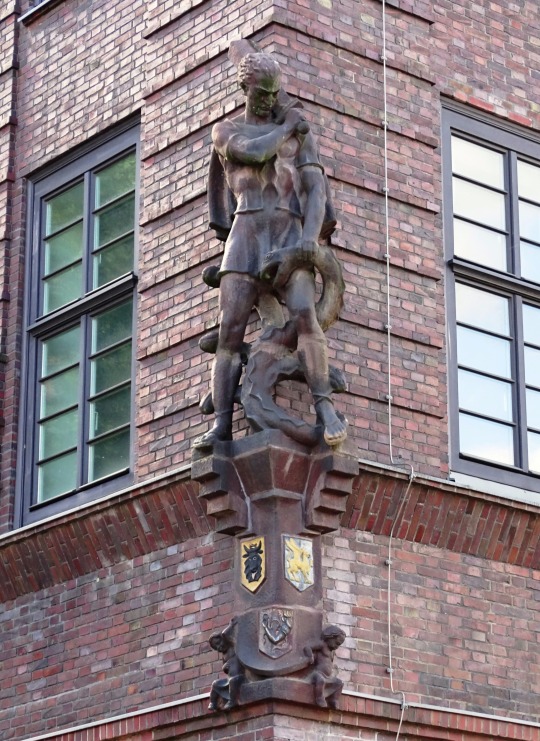
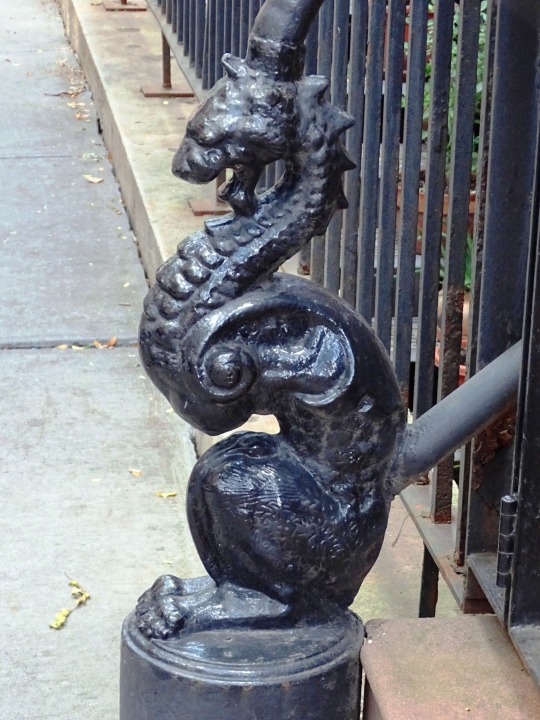
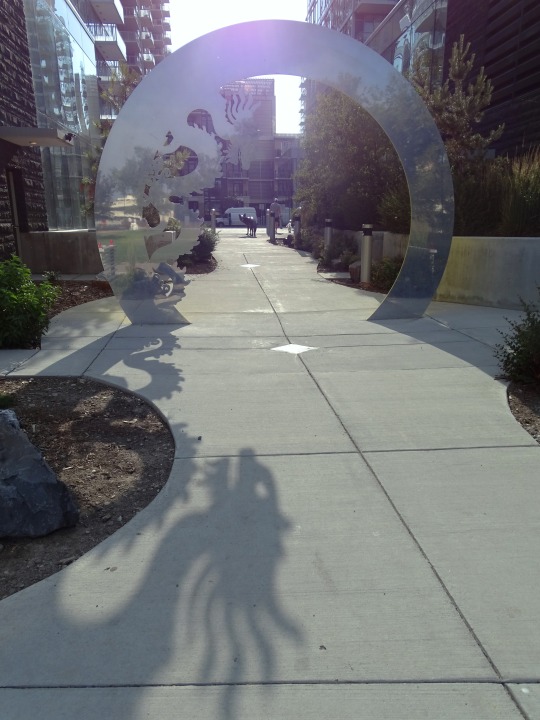
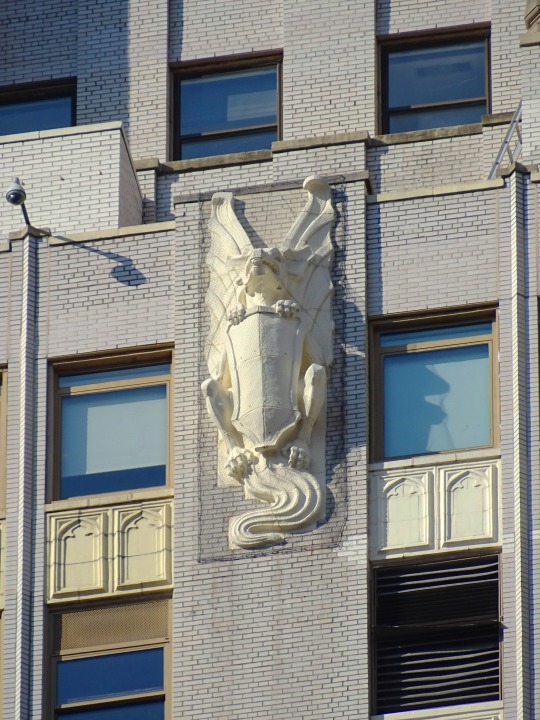
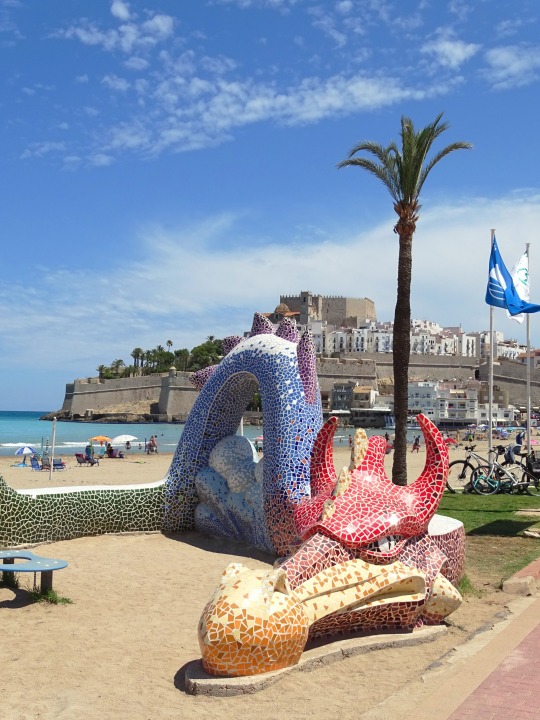
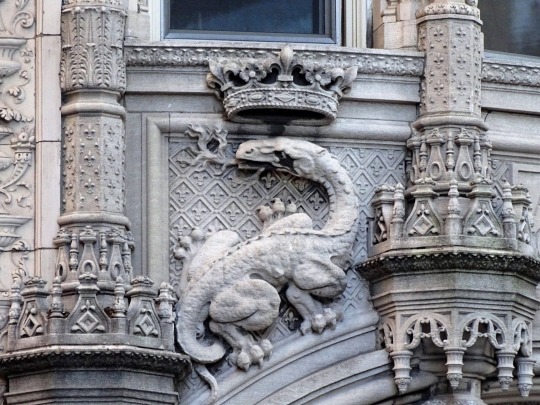
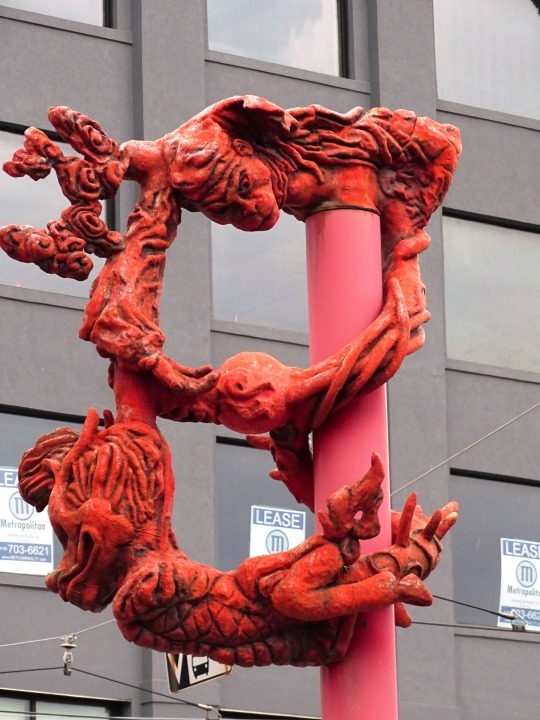
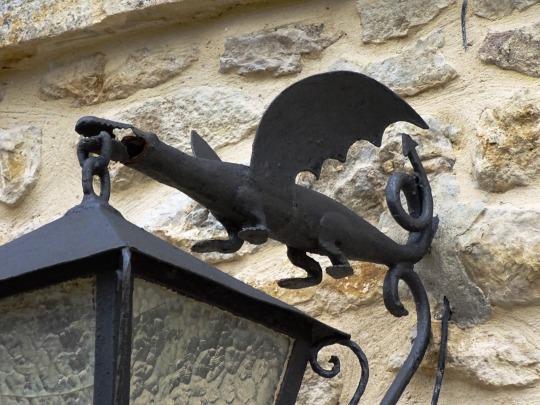
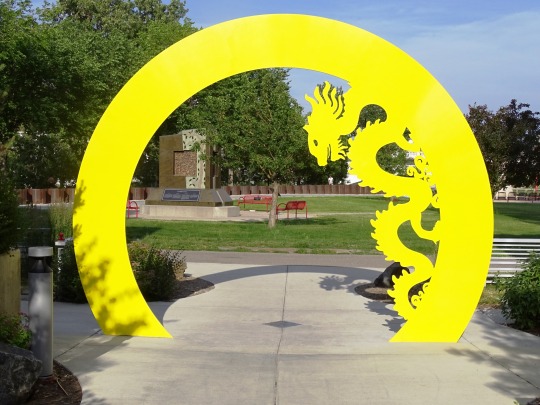
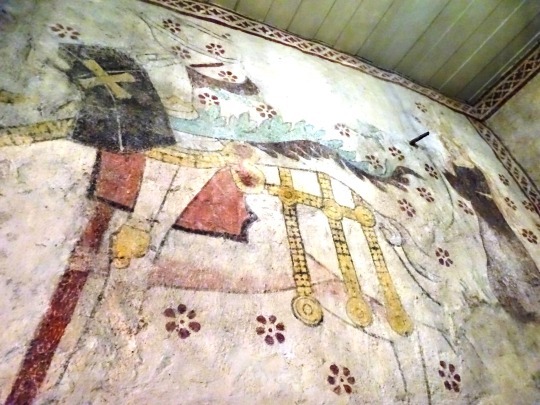
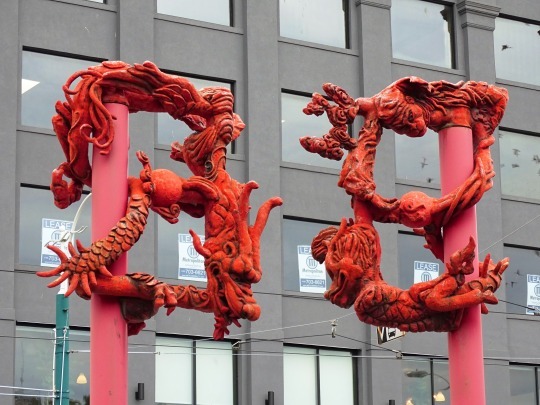
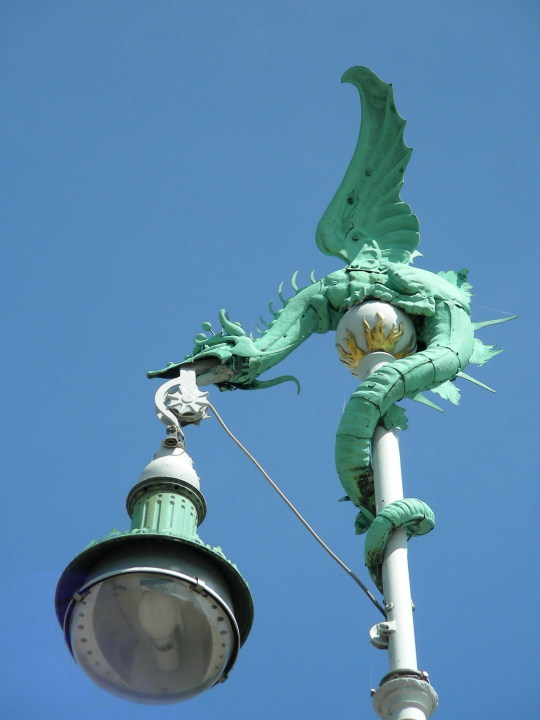
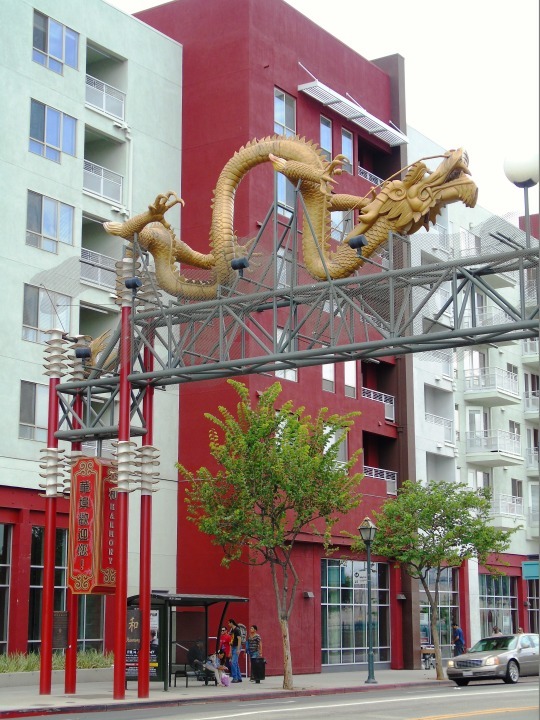
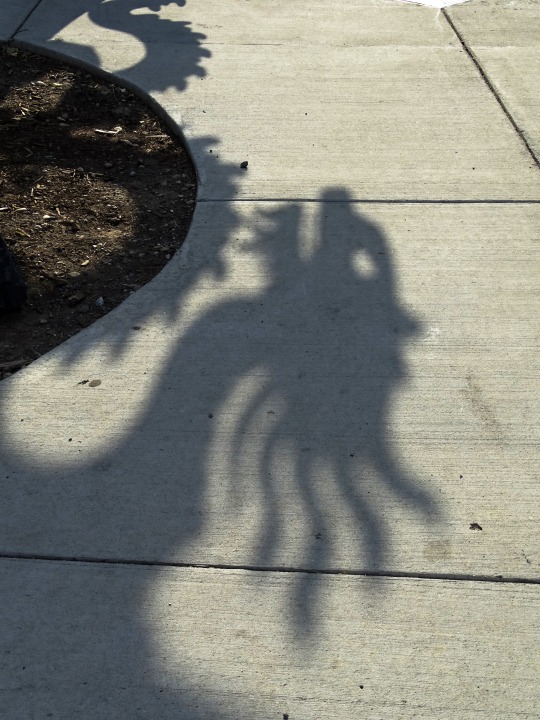
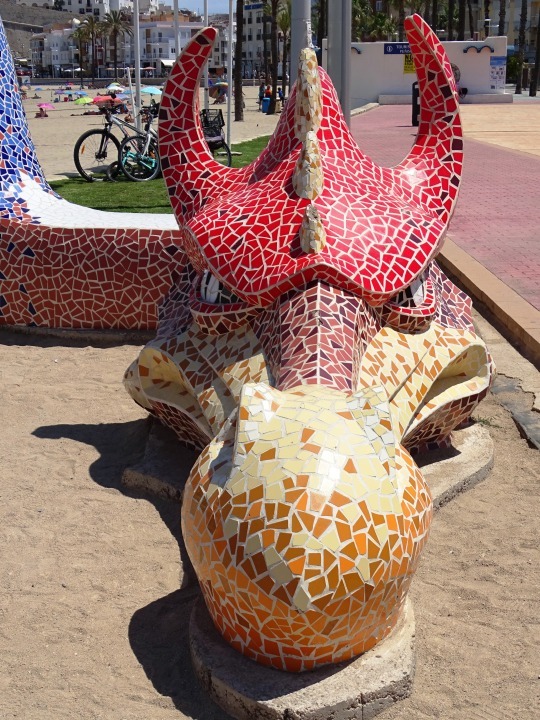
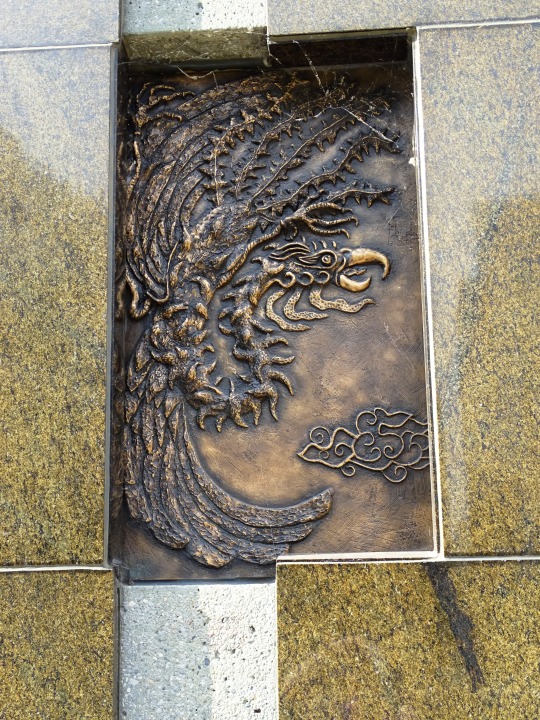
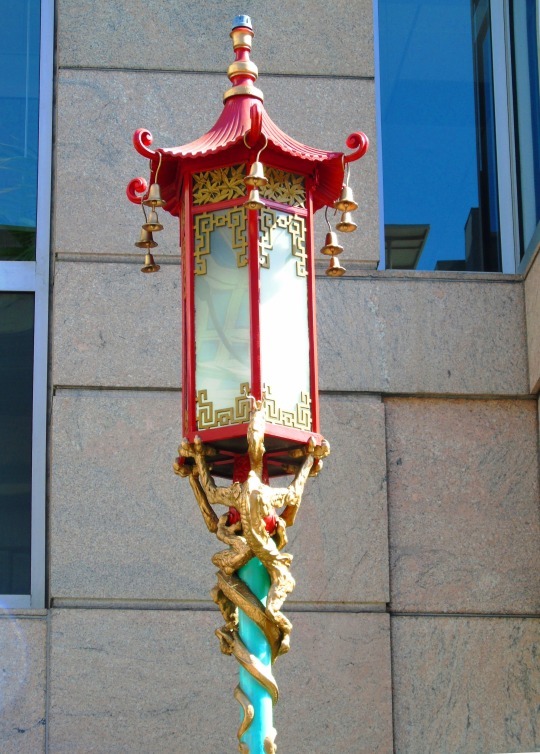
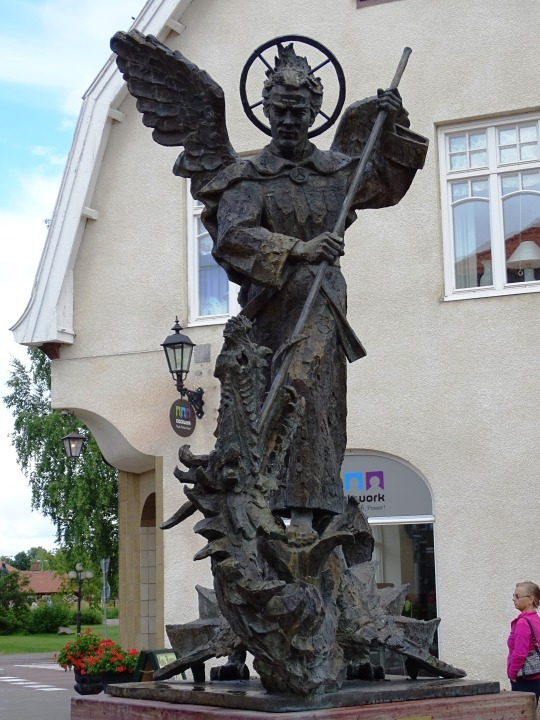
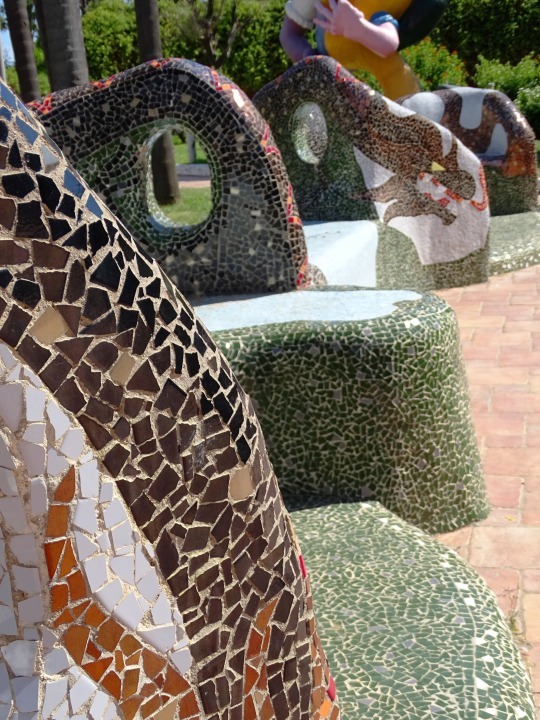
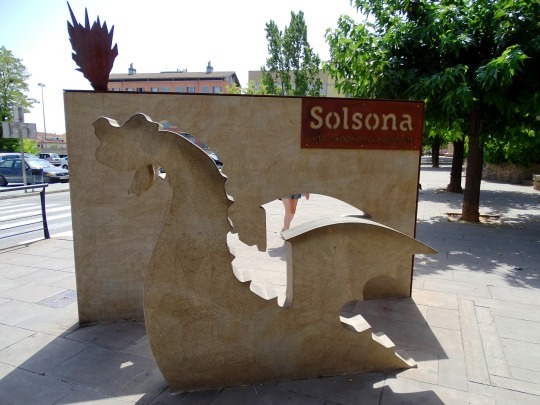
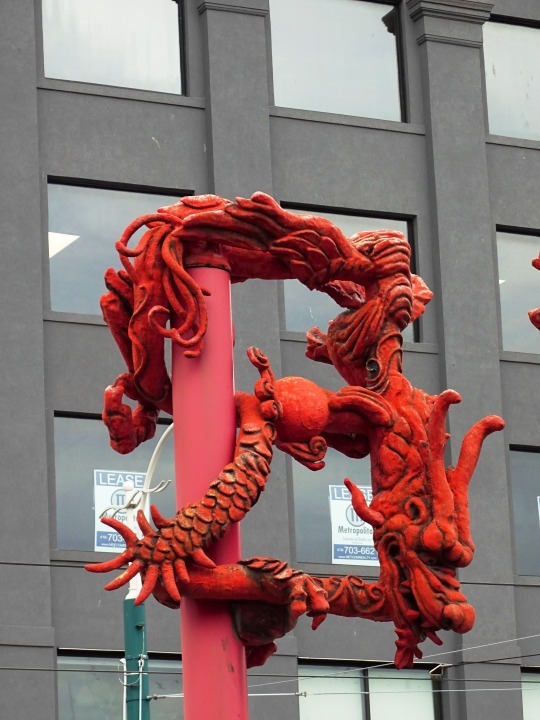
Appreciate A Dragon Day
Dragons, the magical scaly creature born from fire, have existed throughout mythology since the times of the Romans and Egyptians. Dragons, with their celestial ways and otherworldly presence, make our lives a lot more interesting, and never cease to amaze people.
Appreciate a Dragon Day is a day dedicated to learning about dragons and sharing your love for these creatures!
History of Appreciate a Dragon Day
Appreciate a Dragon Day began when Donita K. Paul wanted to celebrate the publishing of her first fantasy novel “Dragonspell”, part of the five-volume series, The DragonKeeper Chronicles.
Dragons have always been popular, existing in the mythology of cultures from all over the world. Dragons inspire us and fill us with fear at the same time. Western dragons have always been depicted as fearsome creatures to either overcome or have a kinship with, while eastern dragons were typically equated with the royalty and heavenly forces, depending on the culture.
Nevertheless, dragons also tend to represent the conquering of the spiritual soul, as they are related to many of the human emotions that block the way to enlightenment. Dragons in modern culture have always been a place of fascination for them, as many authors and filmmakers have helped transform the image of a dragon to something people can admire.
Some of the most famous stories to depict dragons are seen in Tolkien, Ursula, and J.K. Rowling’s novels. In films, movies and TV shows such as How to Raise a Dragon, Game of Thrones, and Eragon have helped shape the way people see dragons and ultimately fall in love with them. Dragons have existed since the earliest parts of history and have appeared in many different forms with many different alignments of good and evil.
The depictions of dragons tend to differ by culture. In ancient times, most societies had an ambivalent view of dragons. Like any other creature, these giant flying serpents had both a good side and a bad one.
In the West, however, attitudes towards dragons changed with the advent of Christianity in the late Roman era. Suddenly, dragons became associated with evil because of their serpentine nature and needed vanquishing. Some people believed that dragons were a real phenomenon and created stories about how great warriors had to go out into the wilderness to defeat them. The tale of St. George and the dragon is likely a direct descendent of this thinking.
When you think about it in more detail, you can understand why people thought dragons were real. Remember, in ancient times, there was no explanation for giant bones. Nobody had a clue what dinosaurs were, or that fossilized bones were millions of years old. For all they knew, these creatures perished recently and could live beyond the horizon. Believing in “dragons” was logical and perhaps necessary to protect yourself.
The old ideas weren’t far off eighteenth- and nineteenth-century discoveries in paleontology. Once the dinosaur age took off, it became clear that there really were giant serpent-like creatures who roamed the Earth millions of years ago, firing the public imagination.
The diversity of dragons is considerable, and one of the main motivations for Appreciate A Dragon Day. The fire-breathing variety is the most famous, but there are others too. Some are like gargoyles found in medieval churches. Others are many-headed hydras that pop out of the ocean. Some even depict them as wyverns, basilisks, and other mythical creatures with loose connections to the real world.
Folklore experts like Carol Rose point out that dragons are essentially “composite creatures.” We tend to think of them as highly-stylized, as depicted in films like The Hobbit. But Rose notes that they can have really unusual features, including elephant trunks.
Ultimately, the idea of dragons interacting with humans fills our mind with awe and inspires us to delight our minds with fancy. Appreciate a Dragon Day asks people to share what their favorite dragon is in popular culture and tell people why they love dragons.
How to Celebrate Appreciate a Dragon Day
When it comes to celebrating Appreciate a Dragon Day, you have a lot of options.
Draw, sketch, or color in pictures of dragons. Watch your favorite dragon-themed movie with friends. Read fantasy novels about dragons, including The DragonKeeper Series. Buy or sew a stuffed dragon for you or a friend you know – it’s all totally kosher!
If you love art, you can print out a dragon coloring page. Or you can attempt to paint a picture of one of these mythical beasts from scratch if you’re feeling brave.
Another popular idea is to use the day to cook a meal fit for a dragon. What, precisely, this entails is anyone’s guess. But heavy charring is clearly an option here. You want something that involves a little fire and passion!
Another thing you can do is learn to write in Dragonese. For those of you who don’t know, this is the language that dragons speak in the film How to Train Your Dragon. The scriptwriters created an entire universe of words, waiting for you to explore them.
You can also indulge yourself in other ways. How about collecting books and movies related to dragons and starting a dragon collection? Or what about creating a dragon mosaic, hosting a puppet show, or doing all kinds of things you can think of related to dragons?
Once you start talking about dragons, you’ll be amazed by how many people love them. Don’t keep Appreciate a Dragon Day to yourself! Share this holiday with your friends and spread your love for dragons!
#Coyote & Moongate by Metz & Chew#Calgary#St. Michael and the Dragon#Appreciate A Dragon Day#AppreciateADragonDay#16 January#Mora#Sweden#New York City#Manhattan#USA#travel#American Radiator Building#Heiliger Georg#St. George#Rostock#Germany#Gateway by Millie Chen#Toronto#Canada#Alwyn Court#San Francisco#Chinatown#Los Angeles#Nordre Toldbod#Copenhagen#Denmark#original photography#vacation#tourist attraction
5 notes
·
View notes
Text


2 notes
·
View notes
